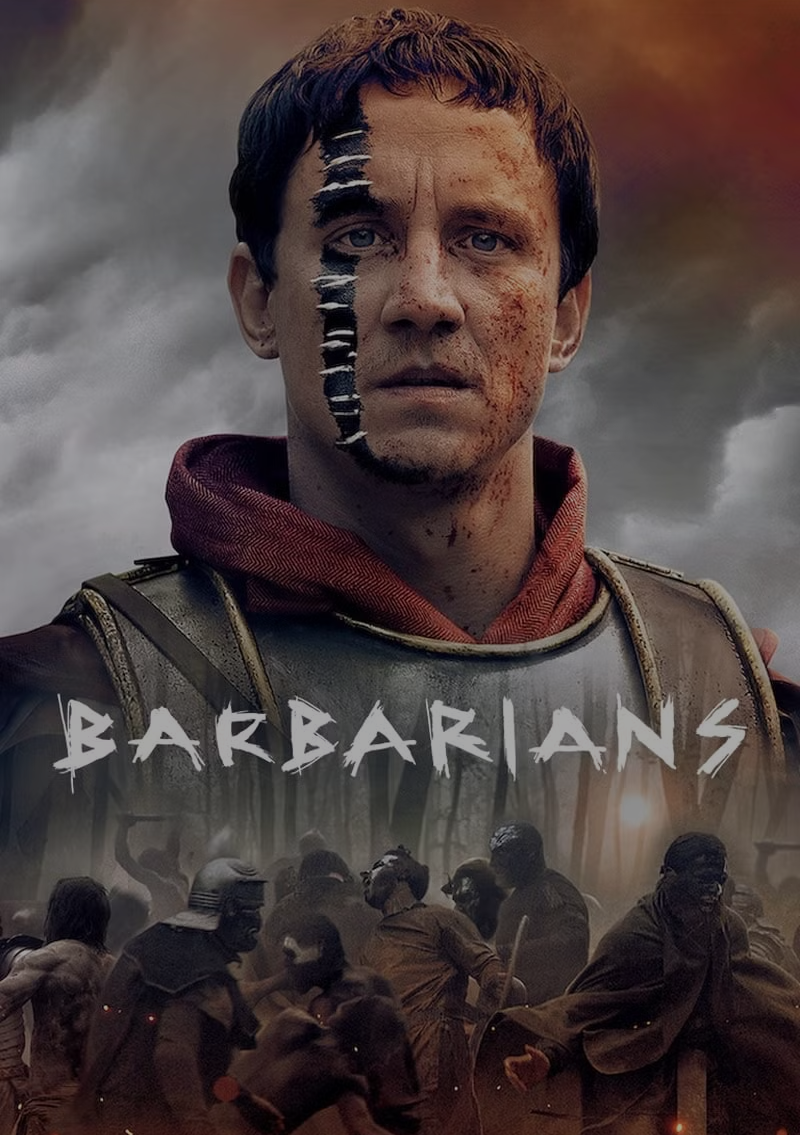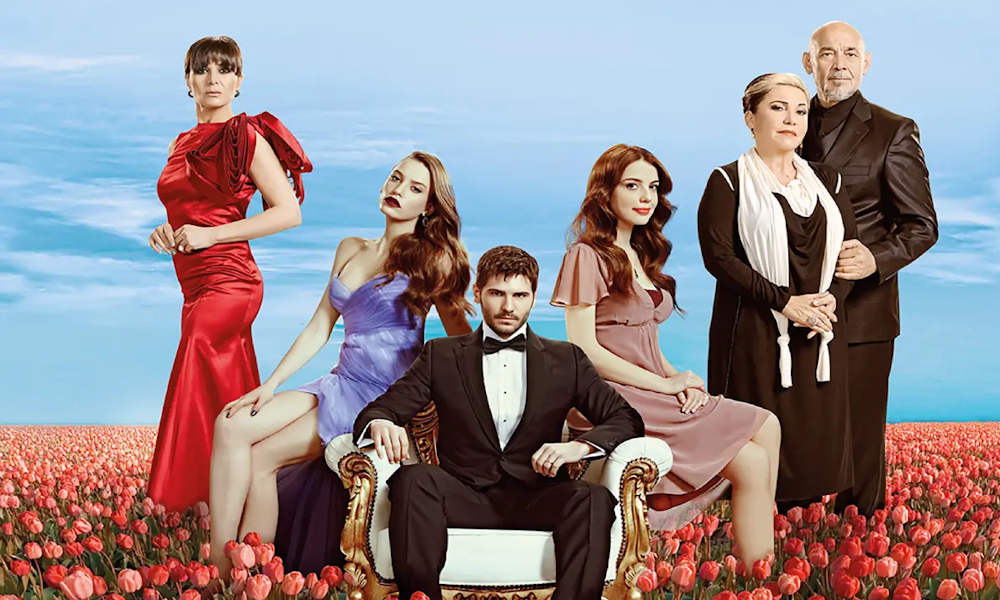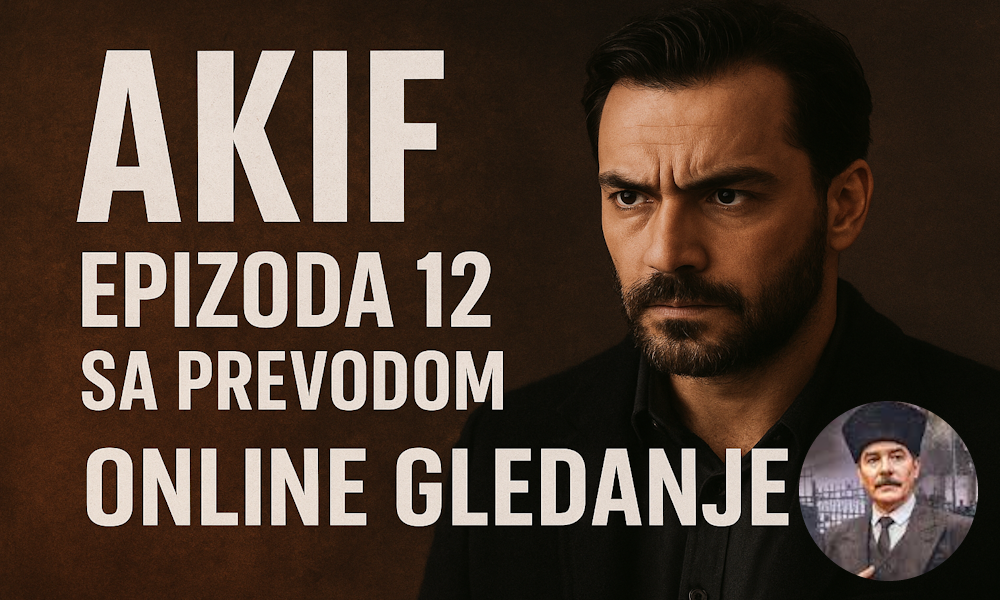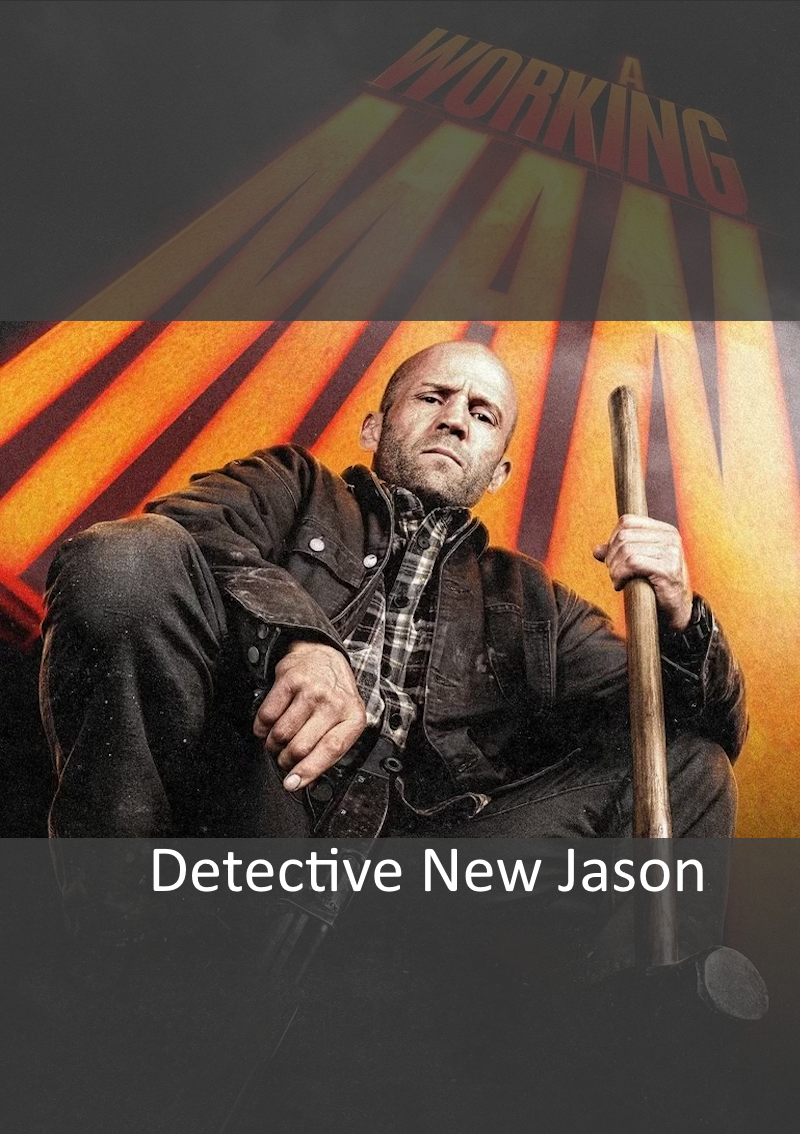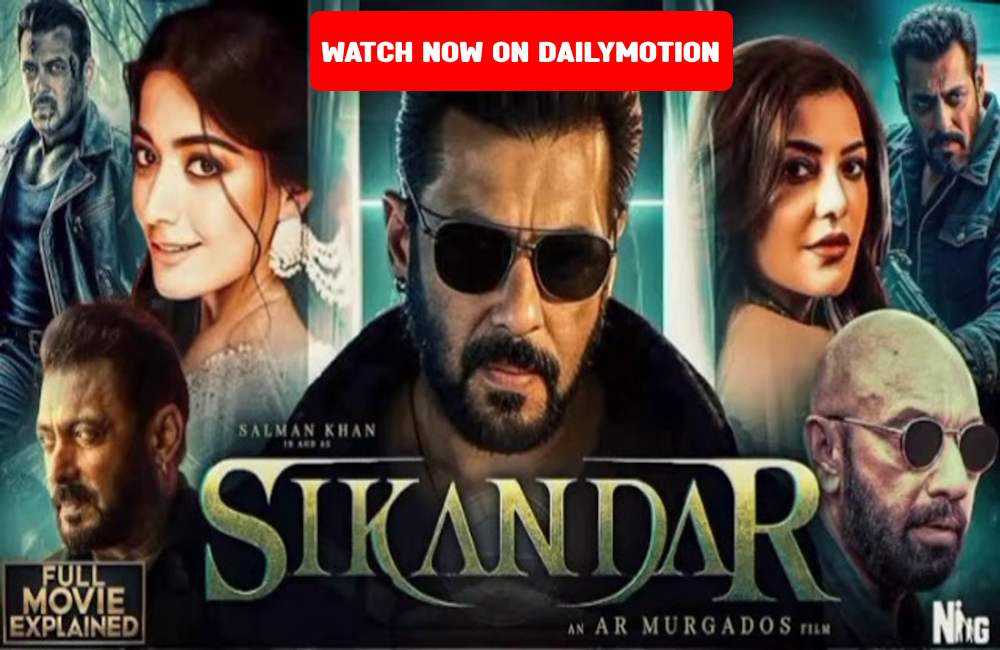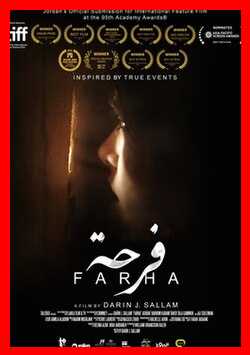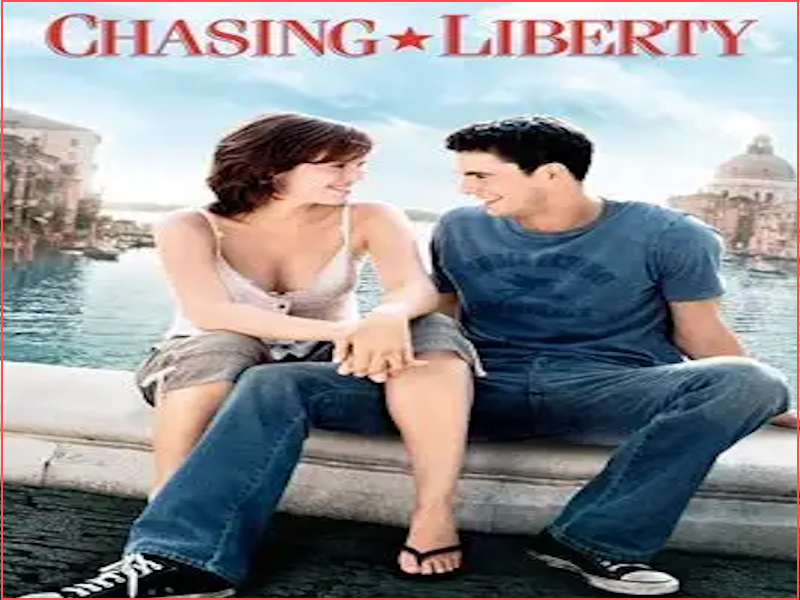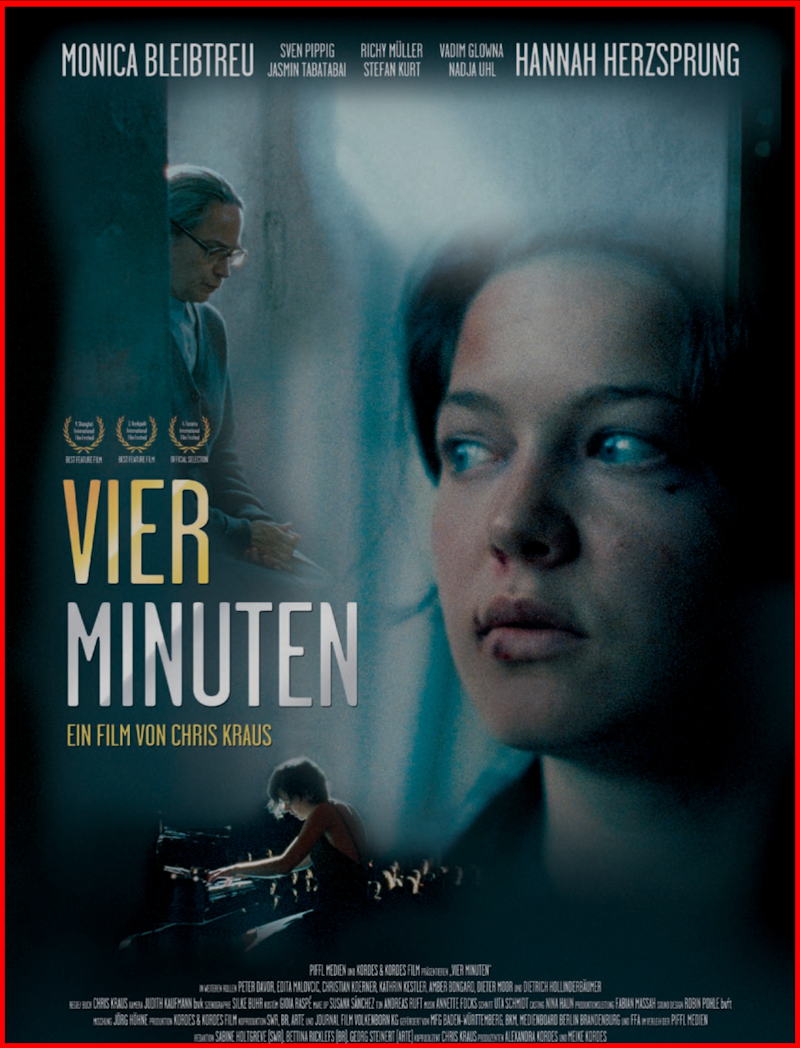Farha is a groundbreaking Arabic-language film that has captivated global audiences with its emotionally charged narrative and historical relevance. Directed by Darin J. Sallam, the movie tells the heartbreaking story of a young Palestinian girl during the 1948 Nakba, also known as the Palestinian catastrophe. Released on Netflix, Farha has sparked conversations worldwide for its poignant portrayal of war, survival, and the human cost of displacement.
🌟 Plot Summary
Set in 1948 Palestine, Farha revolves around a 14-year-old girl who dreams of continuing her education—a rarity in her conservative village. Her life takes a tragic turn when violence erupts due to the Israeli occupation. Her father, trying to protect her, locks her inside a small pantry. From this confined space, Farha becomes a silent witness to the horrors unfolding outside.
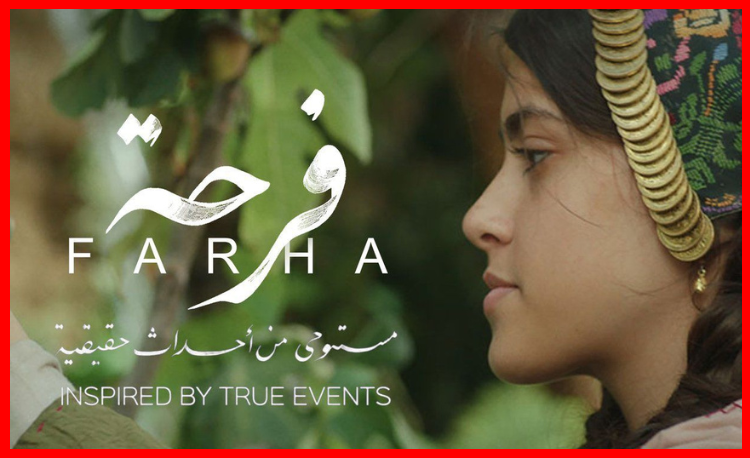
What sets Farha apart is its claustrophobic yet powerful cinematography, emphasizing the trauma and helplessness experienced by many during the Nakba. The film delivers an emotional punch by showing the events through the eyes of an innocent child.
🎬 Cinematic Impact and Global Reception
The film received international recognition and was Jordan’s official entry for the Best International Feature Film at the 95th Academy Awards. Despite facing backlash and attempts to censor it, Farha was widely praised by critics for its brutally honest storytelling, minimalist direction, and humanistic approach to conflict.
Netflix’s decision to stream the film was applauded as a bold move to support freedom of expression and highlight Arab cinema on a global platform.
🎥 Director’s Vision
Darin J. Sallam, the director, took inspiration from a real-life story passed down to her. In interviews, she stated her desire to give a voice to those who have been historically silenced. With Farha, Sallam reclaims narrative ownership, shedding light on an often-ignored perspective of the 1948 war and its effects on Palestinian lives.
📊 Why Farha Matters
- Historical Significance – The film serves as a cinematic archive of Palestinian history.
- Educational Value – Used as a conversation starter in universities and discussions on Middle Eastern politics.
- Cultural Representation – Brings Arab women’s voices to the forefront.
- Political Relevance – Highlights the ongoing relevance of historical trauma in today’s political context.
📸 Suggested Images to Use (Generated below)
- A still image of Farha peeking through the wooden cracks of the pantry door.
- A map of Palestine in 1948 with marked conflict zones.
- A symbolic poster showing a young girl with tearful eyes and a book in her hand.
- Traditional Palestinian embroidery overlayed on war-torn landscapes.
- A cinematic shot of a village under sunset, symbolizing fading hope.
📢 Conclusion
Farha is more than just a film—it’s a testament to resilience, hope, and the need to remember. It encourages viewers to reflect on the silent tragedies of history that still resonate today. As one of the most important Arabic movies in recent years, Farha has opened doors for Arab filmmakers and challenged global audiences to confront uncomfortable truths.

